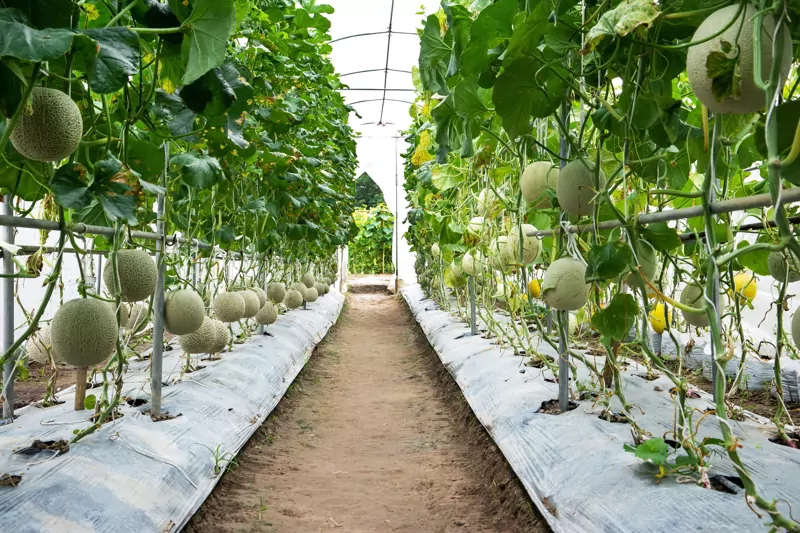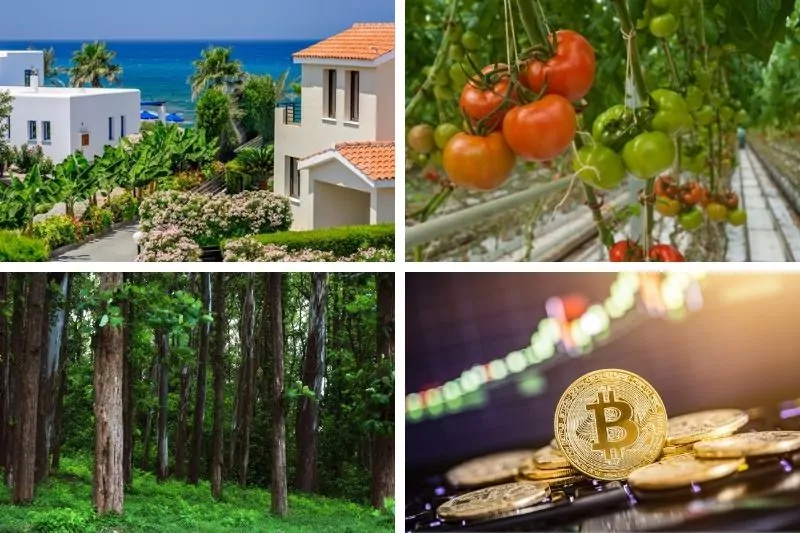Do This In 2021 And You’ll Be Prepared For Life
“The first Pandemic Paddy’s Day was one like no other, as was the first Easter, the first summer, the first Halloween, the first Christmas and the first New Year’s Eve. But we’ve circled back now and unless the powers-that-be want to update the phrase to read ‘like last year’ it is probably wise to retire [the phrase “like no other”] along with ‘A different kind of…’. And while we probably can’t get rid of the word ‘unprecedented’, it would be lovely not to hear it for a while.”
These words by Irish journalist Conor Pope in The Irish Times over Easter weekend summed up exactly how I was feeling during yet another holiday in lockdown.
Wasn’t 2021 supposed to be the year we got our lives back?
By the end of this year, I hope that we’ll be in a far brighter place. We may not shake the hands of strangers or blow birthday candles as readily as before, but it will be liberating to gather with friends and family… in any setting, without counting heads… and, of course, to travel to all the places we’ve been dreaming of…
As you prepare to go back out into the recovering world, it’s a good time, too, to take stock of your real estate portfolio. If you haven’t yet made a move on a property overseas… or incorporated different asset classes into your portfolio… this is the time to start planning—so you are prepared for whatever else comes down the line, unprecedented or not.
On that note, you’re going to hear from OPA Senior Editor and LIOS’ offshore guru Lief Simon on why diversification matters now more than ever…
Lynn Mulvihill
Editor, Overseas Property Alert
A Diversified Portfolio Will Fare Best In Times Of Crisis
By Lief Simon
Over the years, I’ve had dozens of real estate investors writing in or coming up to me at conferences questioning my position on diversification of one’s real estate portfolio. Usually, they’re newer investors who haven’t seen the market or type of investment they focus on… fall.
Two that I will always remember are the 20-something kid who invested with his father in hard money loans in Iowa and the 30-something investor who had only invested in rental properties in Phoenix after the 2008 and 2009 global crisis, picking up deals that generated great rental returns.
The kid from Iowa was curious as to why he should invest in anything else than what he was doing already, as he was making 12% a year in what he thought was low-risk investments. This was in 2005 when real estate everywhere was doing gangbusters. The father and son team were doing so well that they had T-shirts made with their phone number on them for people to call for project funding.
I heard a recent quote from a CEO of a large company that fits this kid’s attitude. “Good times builds confidence. Bad times builds character.”
This kid certainly had confidence… well, really arrogance. He had only seen good times and had no idea what was coming in a few years.
I understood his business model. I was invested with a hard money lender who funded renovation projects in the same way as this father and son team. It was a good model, until a global market phenomenon hit like it did in 2008. The lender I was invested in had the ability to foreclose on the project properties, but when the market fell through the floor, there were no buyers to sell half-finished properties to. His investors didn’t get all their capital back. I’m sure the same thing happened to this kid and his father… and they weren’t diversified into anything else.
The Global Crisis
The guy from Phoenix was making good money ever since he bought for cash cheap properties after the 2008 and 2009 crash. His rental yields on his initial cash investment were great. He continued to buy more properties and eventually started taking out loans to buy more. His portfolio was significant, but everything was in one market.
He was doing well, and while open to the idea of diversifying, he questioned whether it was worth his time when he had a system and infrastructure in place for buying and managing his properties. Investing in other markets would take more time and be more complicated than doing what he was already doing.
He had only been investing for less than a decade, and it was a recovery decade from the last crash. I wonder how he’s fared this past year.
Today’s Crisis And Investment Portfolios
Of course, with a global crisis like the one we’re living through, even a diversified portfolio will take a broad hit. Rental income from short-term rental properties came to a screeching halt in 2020. Long-term rentals in many markets face the same potential loss of income if tenants can’t work. It’s long-term rentals to the working class that this guy was involved with.
Agriculture properties should fare better in these times but aren’t immune. Farmers in some countries can’t get enough migrant seasonal workers. Transportation infrastructure is slowed… from trucks to ships… due to various lockdowns around the world.

Food consumption patterns have changed with restaurants and hotels closures. Many wholesalers had to shift their distribution models.
Still, even with a global crisis like this, where every market is affected one way or another, a diversified real estate portfolio will hold up better than one focused on a particular market or a certain type of property.
My pieces of raw land don’t care about the virus. They sit there holding value even though I couldn’t easily sell any of them right now. That said, I got an email last week from someone interested in buying one property that isn’t even listed for sale. We’ll see if and how that proceeds.
The timber properties I own don’t care about the virus. The trees continue to grow.
My office rental properties continue to generate rent, but my short-term rental properties don’t.
Only you can determine what your real estate portfolio should look like. Yes, it’s easier to focus on one market, especially if it’s where you’re living so you can manage everything yourself like the guy in Phoenix. But easy doesn’t equal low risk.
Chasing higher returns because they are right in front of you doesn’t mean you shouldn’t own other investments, even if the returns are a bit lower. That’s something the kid from Iowa learned a few years after I met him.
One thing this coronavirus crisis has reminded us all about is that you can’t prepare for every potential disaster or market shift… and you don’t know when something or what could affect your investments. So it’s best to have a broad portfolio where the average return is less volatile over time than a narrow portfolio that generates above average returns… until it doesn’t.

